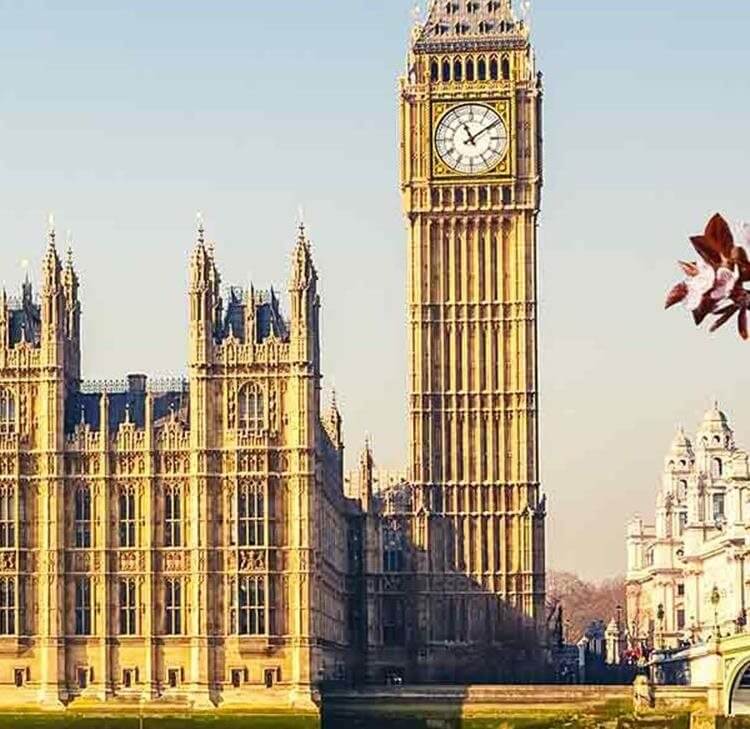Investment Zones - getting the country working, building and growing
Investment zones have been introduced by the Conservative party to get the United Kingdom (UK) ‘working, building and growing’. They are to be designated sites which provide time-limited tax incentives, streamlined planning rules and wider support for local growth to encourage investment and accelerate the development of housing and infrastructure that the UK needs to drive economic growth. Processes and requirements that slow down development will be stripped back with the intention of attracting new investment.
This article is taken from October's public matters newsletter. Click here to view more articles from this issue.
Investment zones have been introduced by the Conservative party to get the United Kingdom (UK) ‘working, building and growing’. They are to be designated sites which provide time-limited tax incentives, streamlined planning rules and wider support for local growth to encourage investment and accelerate the development of housing and infrastructure that the UK needs to drive economic growth. Processes and requirements that slow down development will be stripped back with the intention of attracting new investment.
The Government will look to introduce primary legislation to enable the tax incentives and simplified regulations. Whilst it is clear that any final offer will be subject to what is agreed and passed as law, there are still limited details available as to how the zones will actually work. Last month Simon Clarke confirmed that investment zones will be funded by ‘new’ Treasury cash and not from existing local authority pots.
Mayoral Combined Authorities (MCA) (or Upper Tier Local Authorities (UTLA) - where there is no MCA) have been able to apply on behalf of their areas. Investment zones will complement freeports and existing freeports were also able to apply.
Discussions were said to have occurred with local authorities around England and a deadline of mid-October was set for applications of interest for the zones to be submitted. Many councils have submitted applications, but the Government has not yet released details as to how many. Two councils – Stroud District Council and Oxfordshire County Council have refused to take part, with Liz Leffman of Oxfordshire saying that the ‘deregulation was incompatible with its net zero aspirations and commitment to protect and enhance biodiversity’, although some lower tier authorities within the County had already put forward plans to use the investment zone mechanism.
Liz Truss resigned as Prime Minister on 20 October 2022 and, whilst the future of investment zones is still very unclear, many experts believe they have entered troubled waters.









































